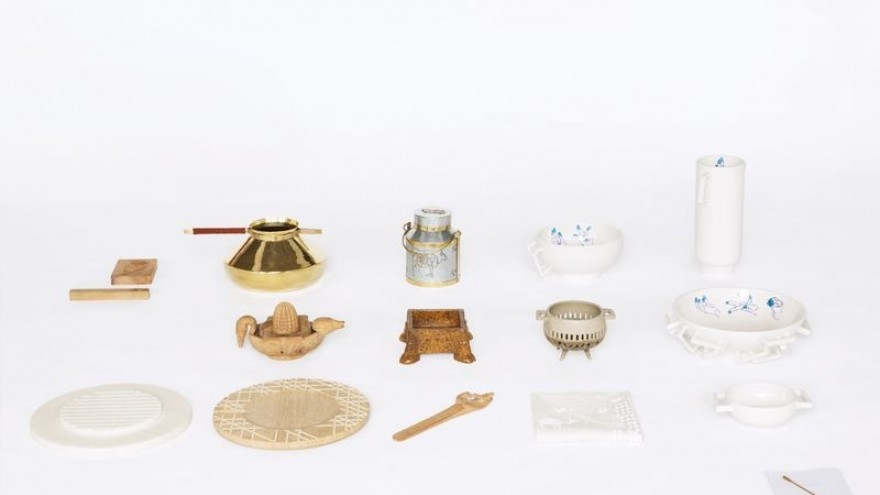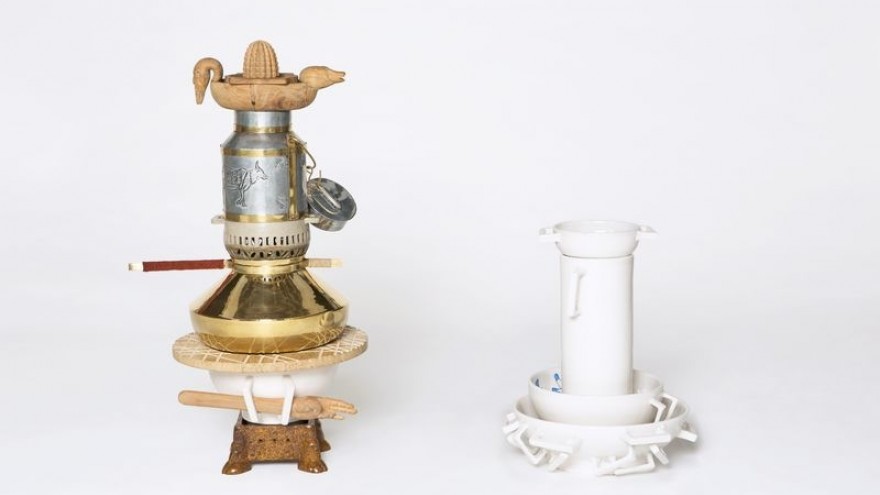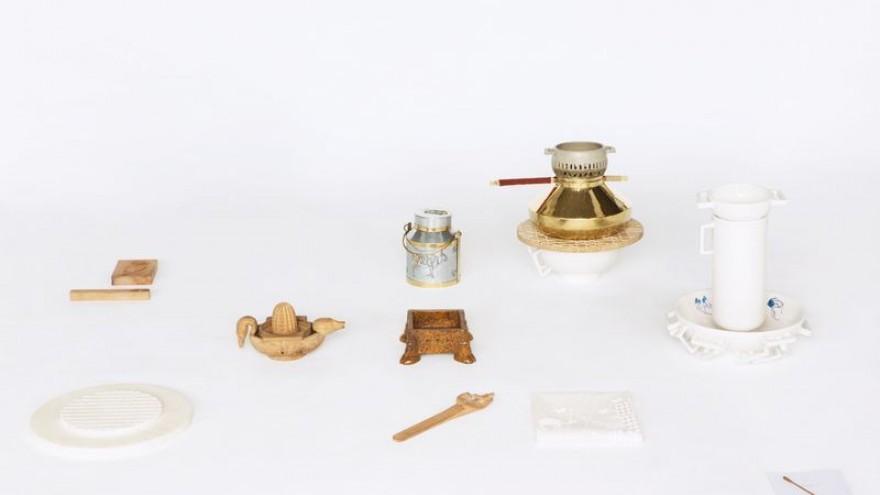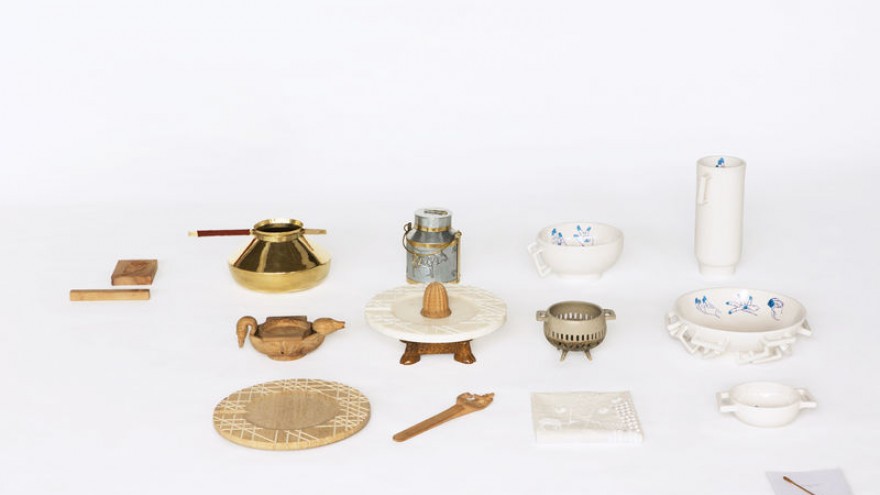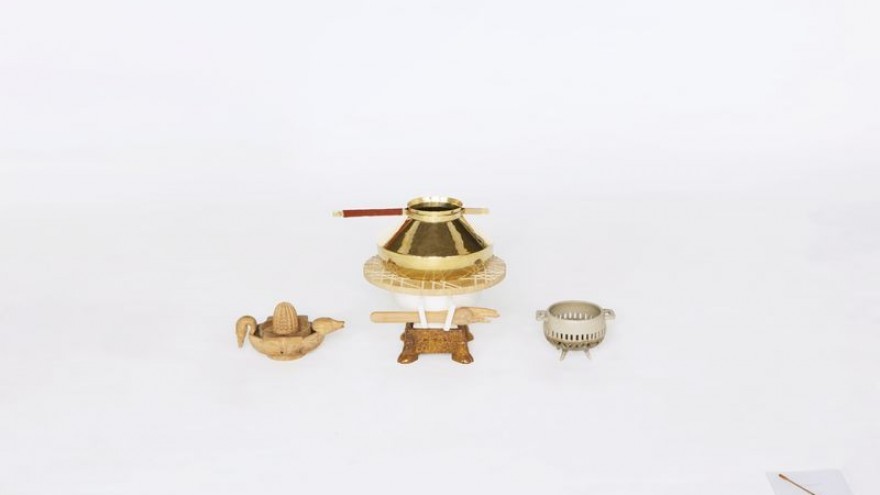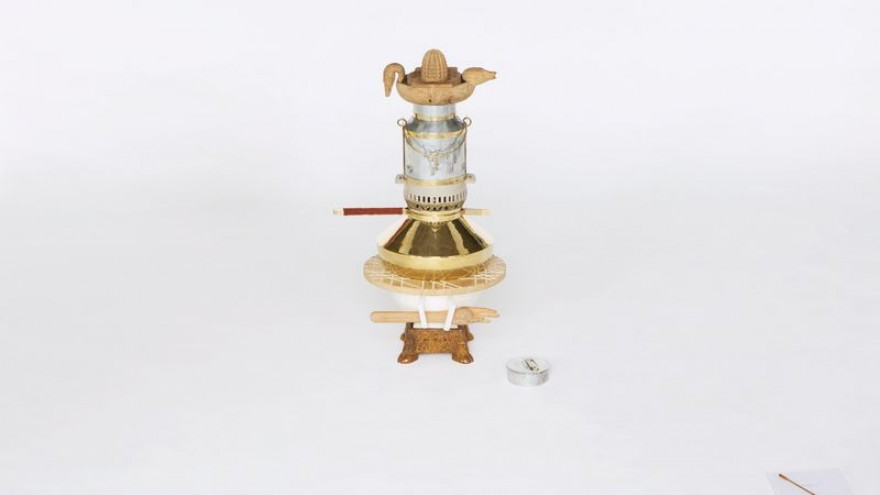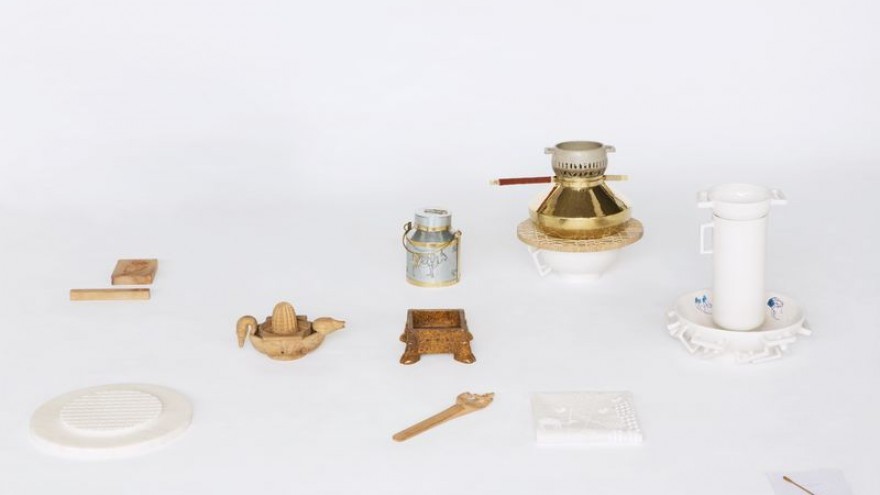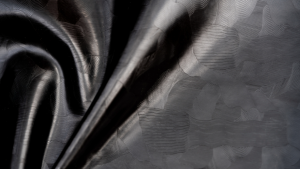Similarities between the Netherlands and India inspire Studio Makkink & Bey to design a “tower of products” known as the Cheese Maker.
The long tradition of cheese making, the history of craftsmanship and the likeness of goods in both the Netherlands and India has inspired architect Rianne Makkink and designer Jurgen Bey to design a stack of products with which cheese can be made.
The Cheese Maker consists of a juicer, a milk jug, a spoon, a colander, a pan, a cutting board, a bowl, cheesecloth and a press. Each product is handmade from different materials including wood, ceramics, metal, copper, cotton and marble.
Education, development and craft play a fundamental role in the work of Studio Makkink & Bey, which ultimately led the duo to a close collaboration with craftsmen in India for the design of the Cheese Maker.
We decided to collaborate with a small local organisation in Jaipur, Rajasthan instead of working with an existing international well-known fair trade organisation, says Bey.
For over three decades the organisation in Jaipur has been committed to the development and empowerment of disadvantaged women and children in Rajasthan. Their main focus is education and building sustainable livelihood opportunities.
The development of the Cheese Maker and the collaboration with Indian craft groups offer opportunities for education and knowledge transfer between the two countries. The core business of the local organisation is a school programme that aims to improve craftsman skills.
Whereas crafts are disappearing in the Netherlands, in India there are still schools with craftsmanship as a basic principle, adds Bey.
The Cheese Maker was launched during Salone del Mobile 2014 by Imperfect Design, an organisation that makes handcrafted products through a collaboration between Dutch designers and craftsmen and craftswomen in developing countries.

